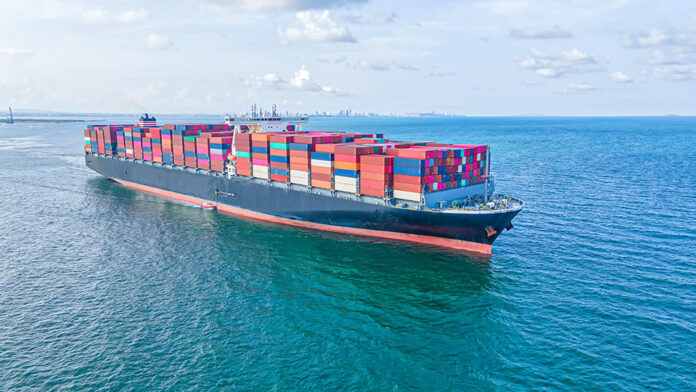It seems that the controversy that has surrounded the import of Genetically Modified (GMO) oilseeds in Pakistan has not quite died out, despite the government giving the all clear to a number of importers in October.
The two-year long struggle that has seen GMO soybeans coming from the United States of America become a major point of contention between Pakistan’s local solvent extraction industry and the federal government, particularly the Ministry for National Food Security & Research and the Climate Change Ministry.
Soybeans are an important component in the manufacturing of edible oil, but more importantly are the key input in Pakistan’s poultry industry, which uses meals made from these seeds to feed their birds. Back in the latter half of 2022, the import of these soybeans had been halted by the government because the beans were genetically modified, causing significant strain to the poultry industry. However, the government raised concerns over the entry of GMO products into Pakistan because of its participation in the international Cartagena protocol.
The ban was lifted last month following robust advocacy and lobbying not just from Pakistan’s poultry industry, which benefits from the cheaper GMO beans, but also from exporters based in the United States as well as the United States Embassy in Islamabad, which has been playing a role in pushing the issue.
While all of these efforts bore fruits, sources from within the food ministry have told Profit that the ministry is struggling to deal with the load of allowing these imports while also maintaining conducting risk assessments for 47 gene events in local conditions, as mandated by Article 15 of the Cartagena Protocol. So what exactly is going on, what are the concerns surrounding it, and are there any answers? The content in this publication is expensive to produce. But unlike other journalistic outfits, business publications have to cover the very organizations that directly give them advertisements. Hence, this large source of revenue, which is the lifeblood of other media houses, is severely compromised on account of Profit’s no-compromise policy when it comes to our reporting. No wonder, Profit has lost multiple ad deals, worth tens of millions of rupees, due to stories that held big businesses to account. Hence, for our work to continue unfettered, it must be supported by discerning readers who know the value of quality business journalism, not just for the economy but for the society as a whole.To read the full article, subscribe and support independent business journalism in Pakistan

























